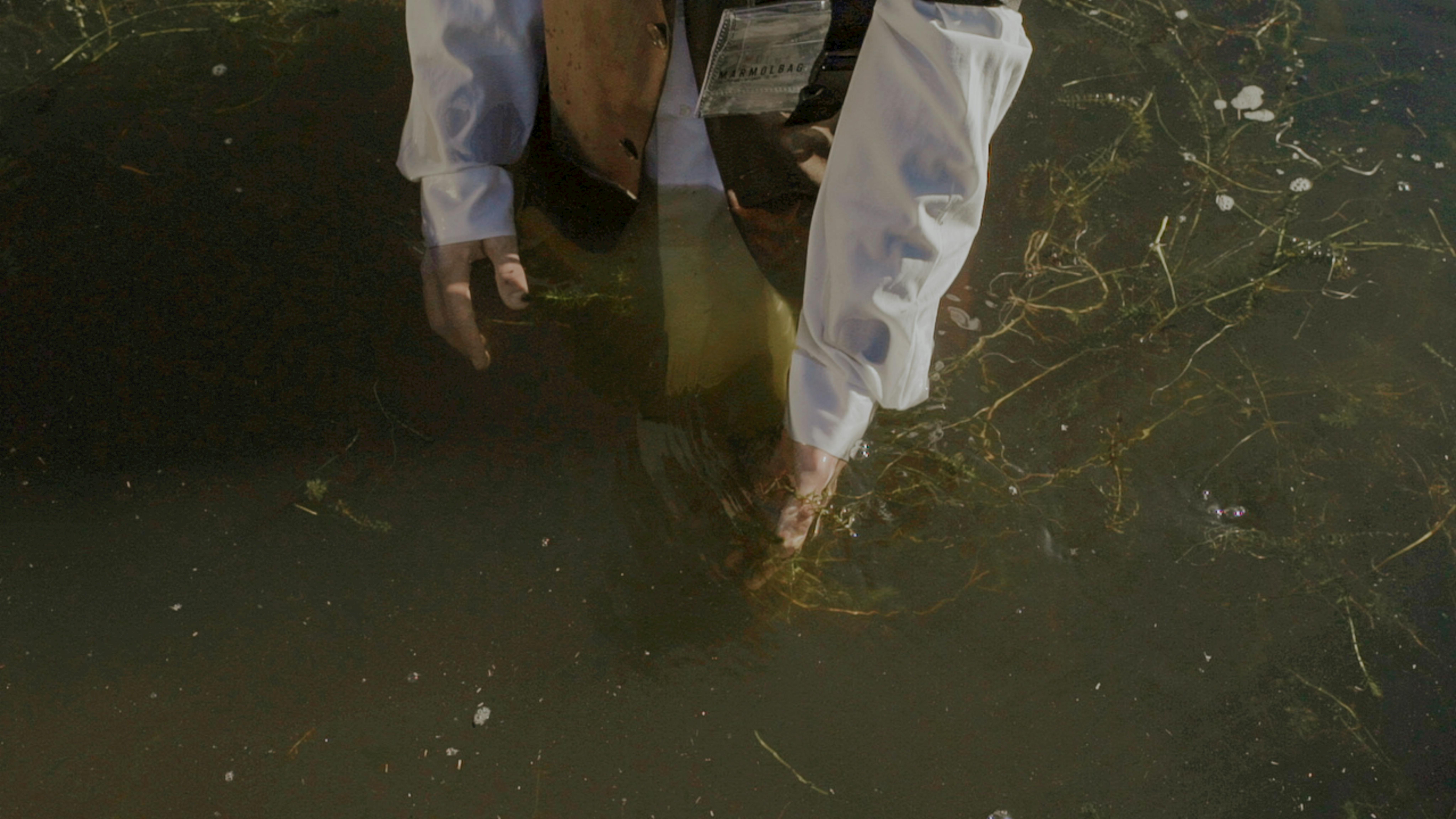Five years after more than 750,000 Rohingya people fled from mass killings, rape and systematic human rights abuses in Myanmar, Rohingya refugees in Bangladesh continue to live in fear, according to a new Save the Children survey. Two thirds (66%) of children surveyed and nearly all parents and caregivers (87%) say they do not feel any safer now than when they arrived.
The findings expose that the international community’s efforts, despite being significant, fall short of what is needed to adequately respond to the needs of Rohingya refugees, Save the Children said.
In August 2017, the world watched in horror as hundreds of thousands of Rohingya fled Rakhine state in Myanmar in one of the fastest forced movements of people in recent history. Most ended up in Cox’s Bazar, Bangladesh – now home to the world’s largest refugee camp.
According to Save the Children, half of children surveyed said they lead an “unhappy” life, and a quarter rated their lives so poorly that they say they are suffering. Almost 80% of children said they feel depressed or stressed sometimes, most or all of the time.
Parents and carers carry an even heavier burden: More than nine out of ten said they feel depressed (92%), anxious (90%) and stressed (96%) sometimes, most or all of the time.
Mohammad*, a father speaking with Save the Children, said: “We have been surviving in this exile camp for five years under different terrors and limitations – just like we did in Myanmar. We have no more strength to endure this terrible life.”
Child marriage was one of the biggest concerns among Rohingya refugees surveyed, with almost 60% of those questioned listing it among their top three concerns. Soaring prices have left many refugee families struggling to survive, and with few income opportunities available, some see child marriage as a way to ease the financial pressure. According to recent data, more than 70% of families said that they know of a child who had been married in the past month[i].
Save the Children is concerned that the rising cost of living globally will impact the ability of the humanitarian community to continue to provide the necessary aid to the Rohingya refugees – and that increased desperation will lead to a further increase in child marriages.
Among the other top concerns for children was safety. The Covid-19 pandemic and subsequent lockdowns saw fewer humanitarian organisations on the ground and reduced camp security, creating a breeding ground for gangs and armed groups.
One of the young men surveyed said: “I felt more secure a few years ago, because gangs weren’t as extremely active as they are now and security authorities were more accountable then.”
Schooling was a major concern for children, with three quarters listing a lack of quality education among their top three concerns. One 12-year-old boy said: “We can’t get educated here, especially in Burmese. Now we are just learning English so we forget our own language. We can’t play outside because there isn’t enough space. In Myanmar we had a big playground and open space.”
Onno van Manen, Country Director for Save the Children in Bangladesh, said:
“It is unacceptable that, five years after fleeing horrific violence in their own country, most Rohingya refugees still do not feel safe.
“The world may have turned its attention to other crises, but five years later, almost half a million Rohingya children are still growing up in overcrowded camps. They’re showing worrying signs of depression and anxiety, and, with limited access to schooling, they’re losing any hope they had of a better life.
“Although most Rohingya want to go back home, ongoing violence in Myanmar means that, for now, safe return isn’t an option. The Rohingya continue to be arrested and detained for moving outside of their villages and are denied citizenship and basic rights. They’re cut off from health care, education and jobs.
“The Rohingya won’t be able to go home until the root causes of their displacement are addressed. Until then, we must do more to protect the Rohingya – starting with addressing the dwindling flow of aid.”
Save the Children is calling for the international community, regional governments and the Government of Bangladesh to step up support for the Rohingya and provide them with legal status, education and work opportunities.








